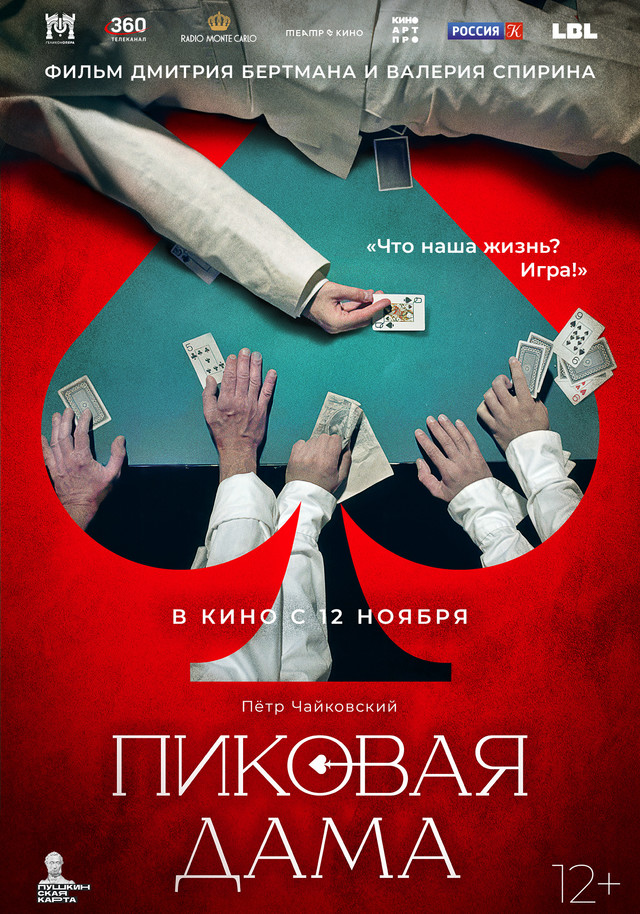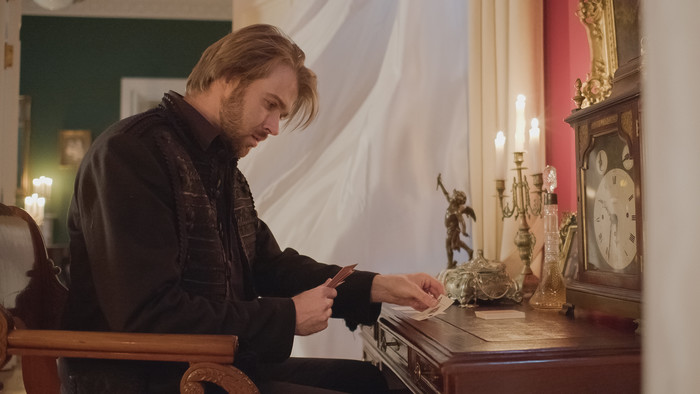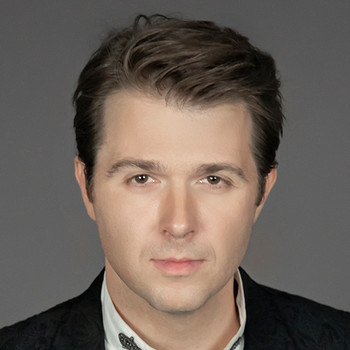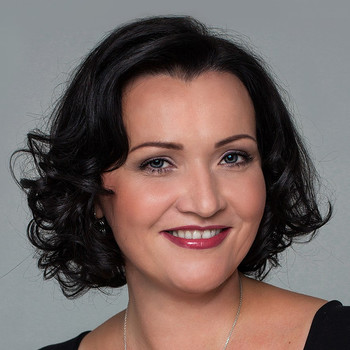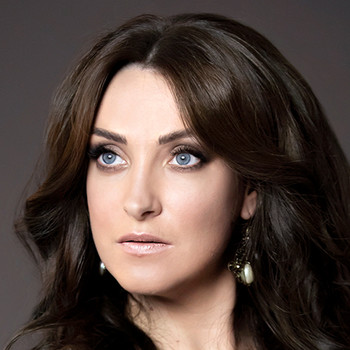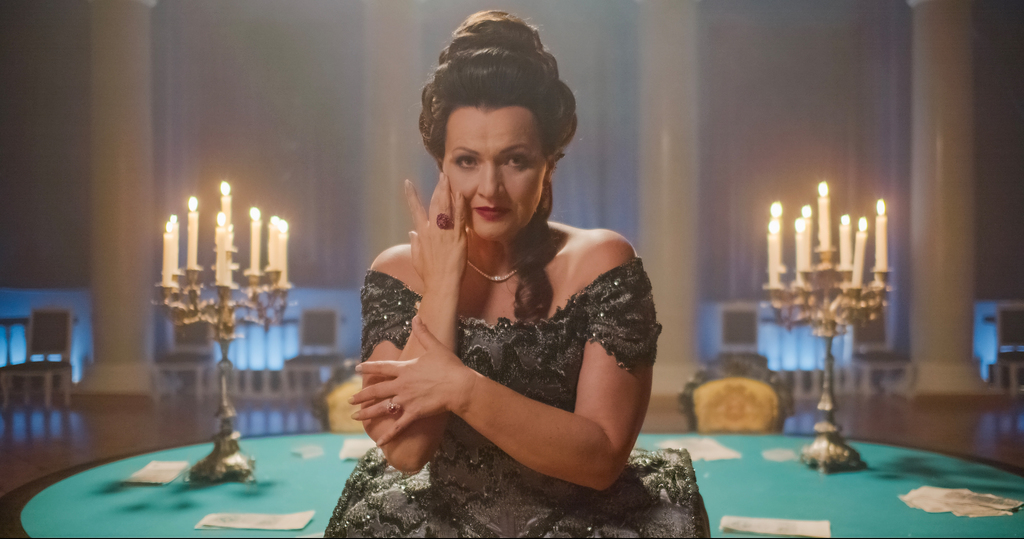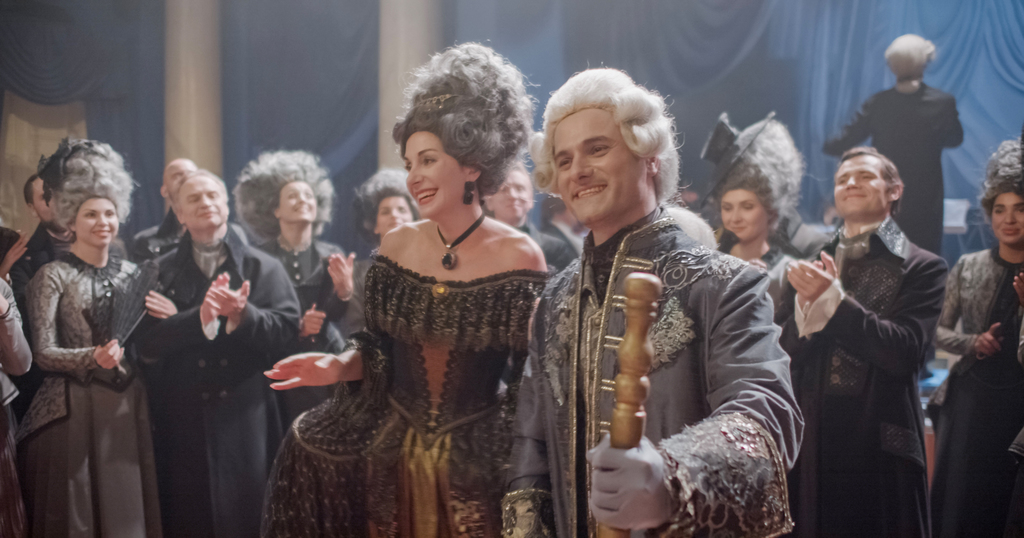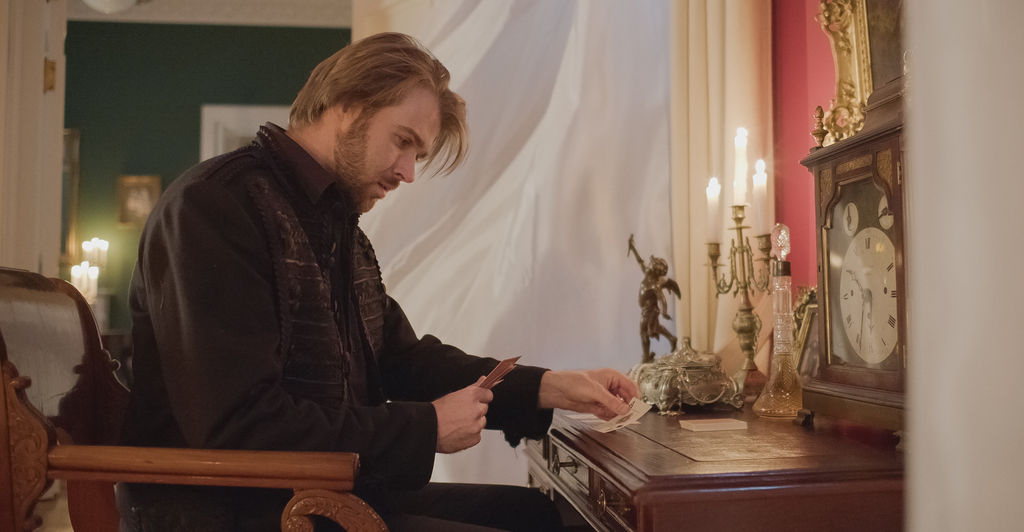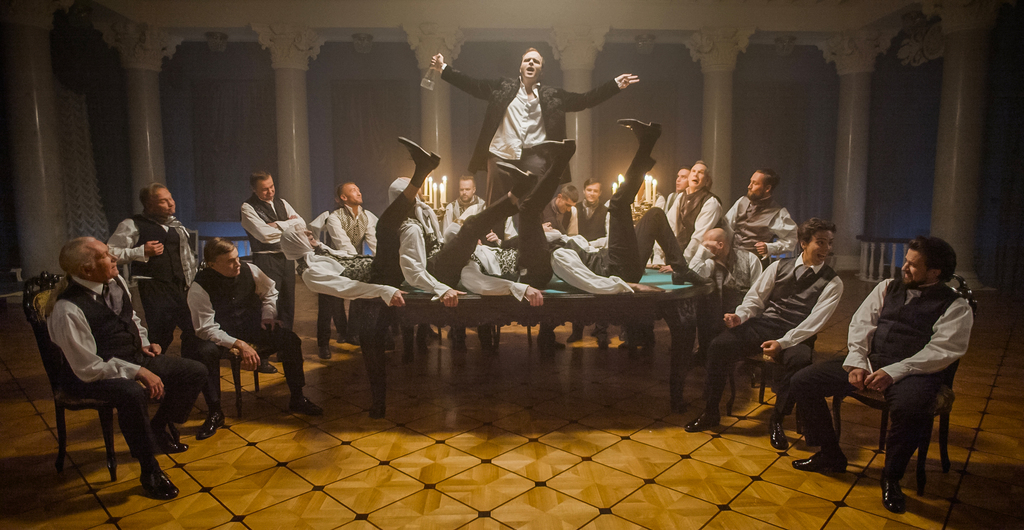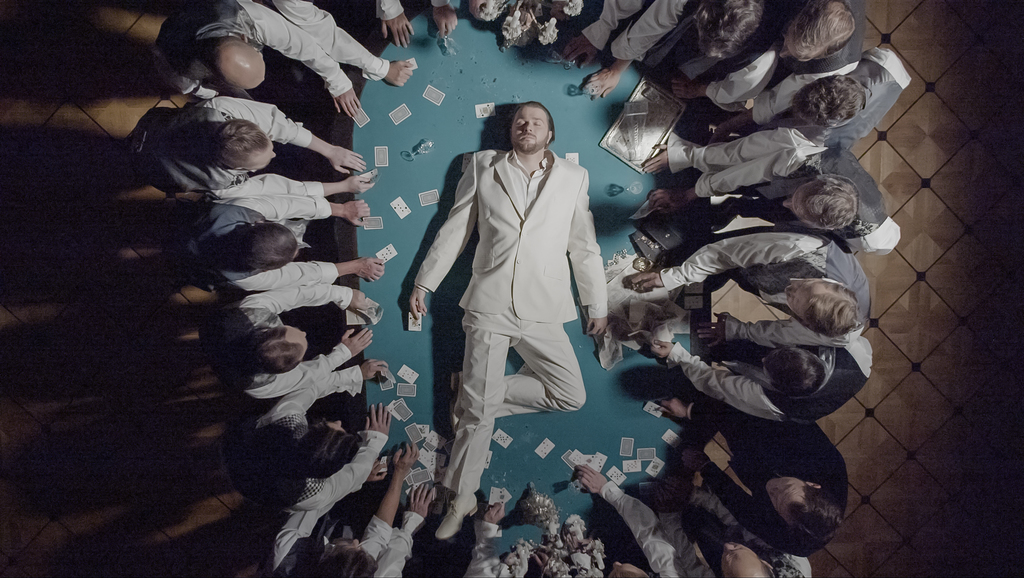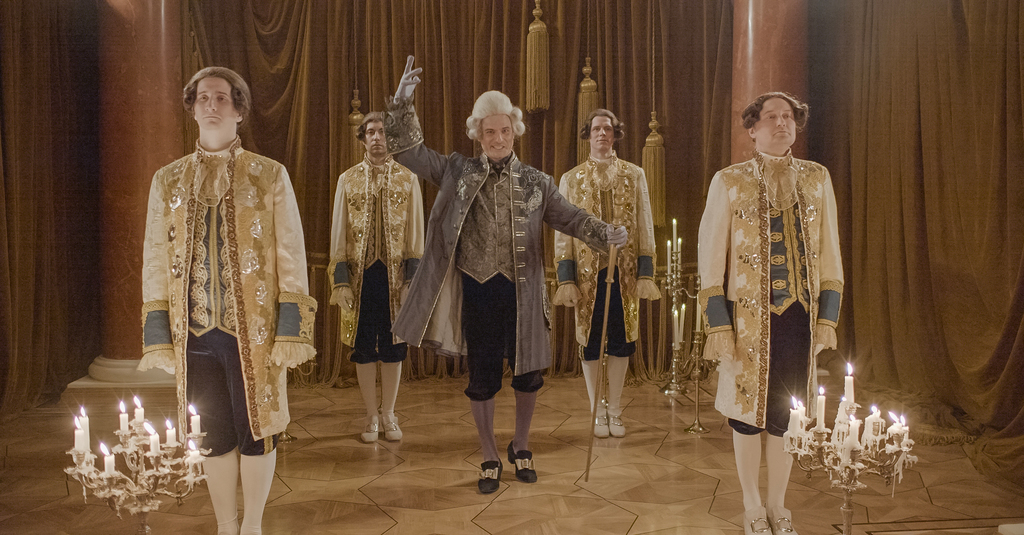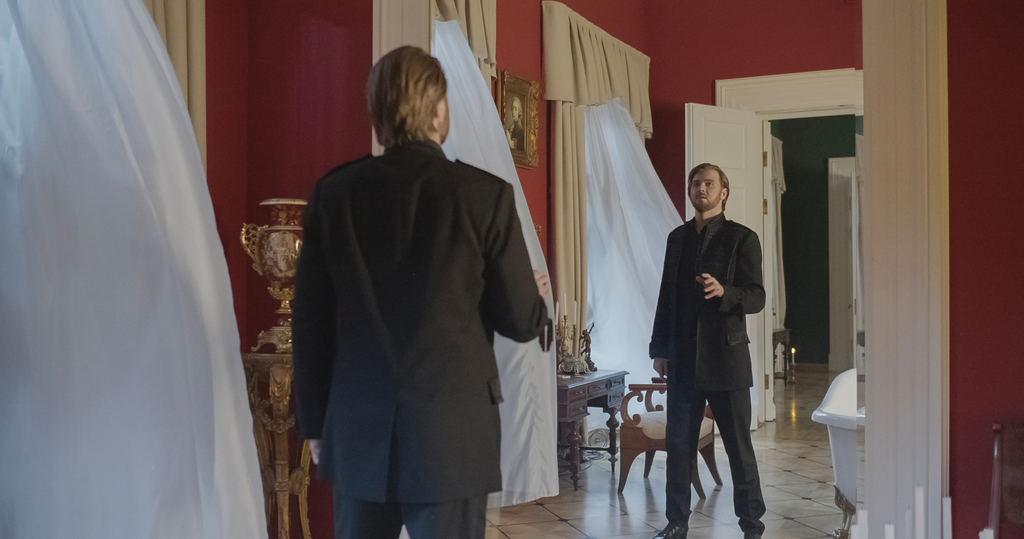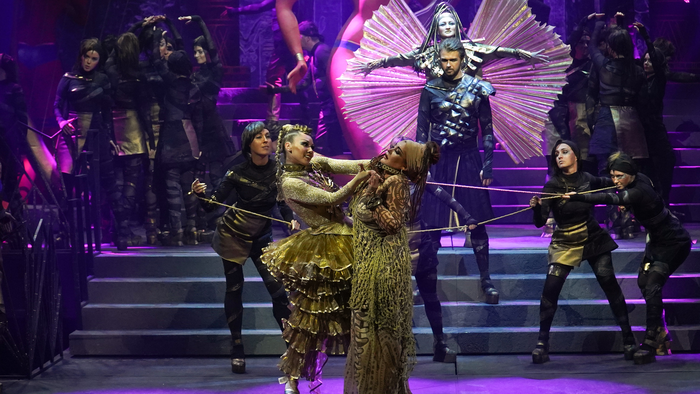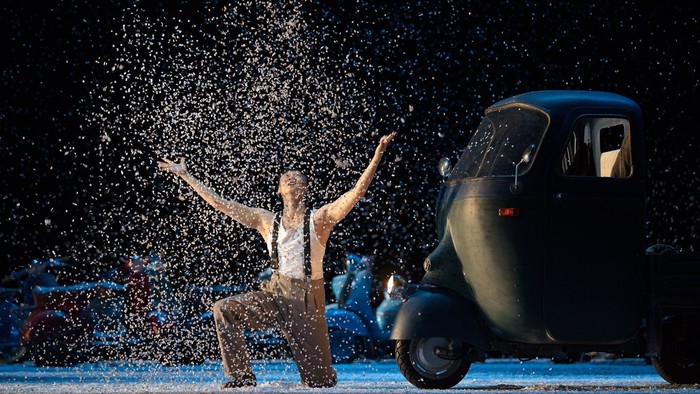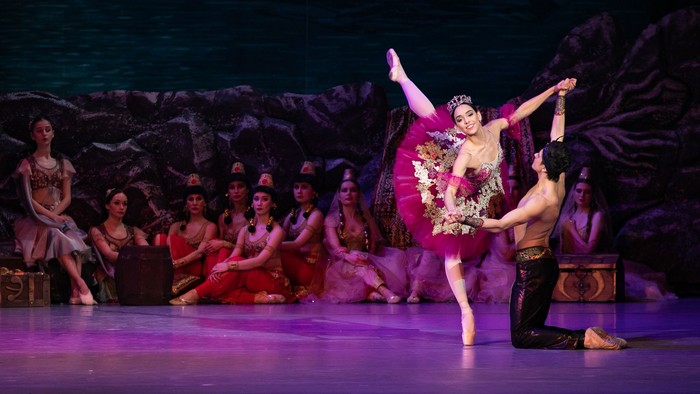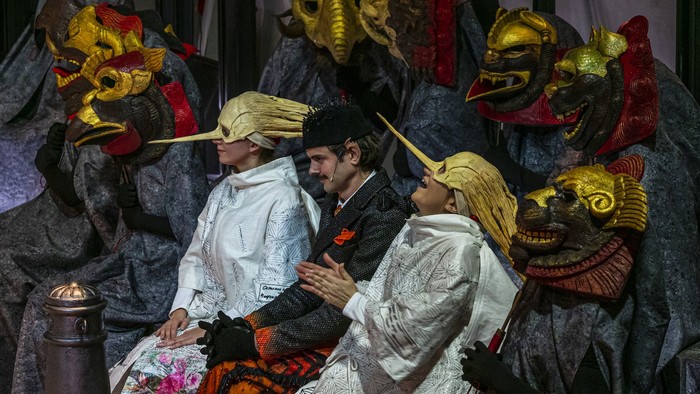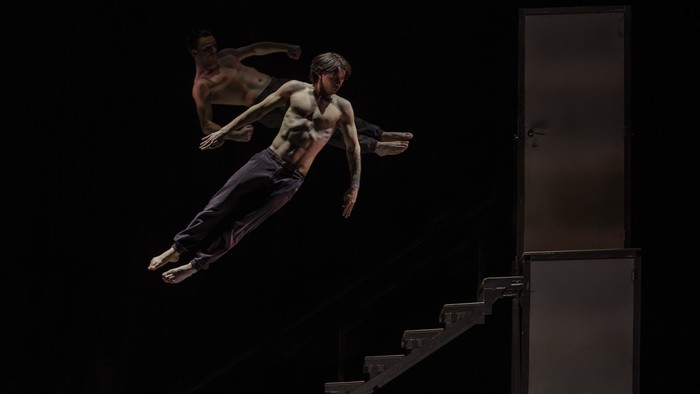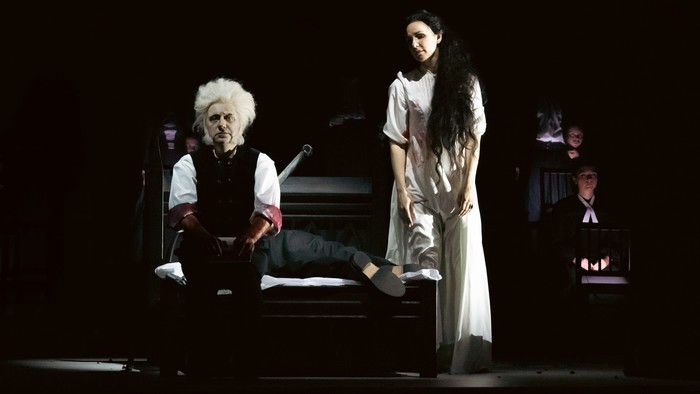The sensation of the season! One of the most mysterious opera in the world is back to Bolshaya Nikitskaya Street . "The Queen of Spades" by Tchaikovsky will be the first premiere of Season 2017/2018 in "Helikon-Opera".
"The Queen of Spades" was highly valued as Tchaikovsky's best work by a worldwide famous conductor, People’s Artist of the USSR Vladimir Fedoseev. He will take the lead of the musical process of recreating the performance in "Helikon-Opera".
Unique interpretation, modern stage language, love of the music of Tchaikovsky - all of that became the hallmarks of Helikon's "The Queen of Spades" and will be preserved in the new version. A thoughtful vision of Maestro Fedoseyev, stunning technical capabilities of the new hall and artistic talent of Helikon's troupe will also be of great public interest.
HISTORY
“The Queen of Spades” is the ninth opera by Tchaikovsky. His brother Modest turned to the libretto based on the Pushkin’s novel for composer and conductor Nikolai Semenovich Klenovsky, but in the process of his work he wrote to Pyotr Ilyich: “If you composed music for it, I would write my poetry tenfold more diligent!” Soon Klenovsky left the idea of “The Queen of Spades”, while Tchaikovsky on the contrary entered into the spirit of it. In a letter to Nadezhda Filaretovna von Meck he described his detailed strategy: “By the way, director of the theatres Vsevolozhsky is taken with the idea that I must write an opera based on this plot and moreover by the next season. He told me his will and as it coincided with my decision to flee from Russia in January and to take on this composition, I agreed… I’m eager to work, and If I manage to settle in some cozy place abroad, — it seems to me, I’ll manage to deal with the task and have the piano reduction represented by May, and then instrument it in summer”.
Thus the work was very urgent. In order to be able to complete the opera by the next season Tchaikovsky declined several invitations to play the concerts in Germany, France, Belgium and left for Florence. There on 19 January 1890 he began to create “The Queen of Spades”. He managed to meet the timeline promised von Meck. He was writing the music for 44 days. The first scene was being written from 19 to 28 January, the second — from 29 January to 4 February, the fourth — from 5 to 11 February, and the third — from 11 to 19 February. Tchaikovsky completed the draft record on 3 March. As seen he worked without breaks. As early as in June the composer completed the orchestration.
Modest Ilyich converted the prose into poetry, going far from the original. The Pushkin’s text is the most fully preserved in the episode of Herman and the Countess, which is the fourth scene of the opera. As the action was transferred from 1830s to the times of Catherine the Great, Tchaikovsky inserted into the libretto the works of Pushkin’s senior contemporaries for brighter historical colors. The duet of Liza and Polina “Uzh vecher (It’s already evening…)” was written to the lyrics by Vasily Zhukovsky, romance of Polina “Podrugi milye (Dear friends)” — to the lyrics by Konstantin Batyushkov, duet of Prilepa and Milovzor “Moy milenky druzhok (My Dear Little Friend)” — to the lyrics by Pyotr Karabanov, the Tomsky’s song “Yesli b milye dyevitsy (If pretty girls could fly like birds)”, choruses “Radostno I veselo (Happily, merrily)” and “Slavsya Sim, Ekaterina (Praise to Catherine the Great)” — to the lyrics by Gavrila Derzhavin. They are partially anachronisms, because Zhukovsky and Batyushkov were too young in the days of Catherine. But the most famous anachronism is the melody from the opera “Richard Coeur-de-lion” by Grétry, which the Countess croons when remembering the days of her youth. When Grétry composed “Richard”, the Countess of the Tchaikovsky brothers was rather old already. But undoubtedly this melody adds to the opera the spirit of old times.
“The Queen of Spades” was premiered on 7 (19) December 1890 on the stage of the Mariinsky Theatre in Saint-Petersburg.
